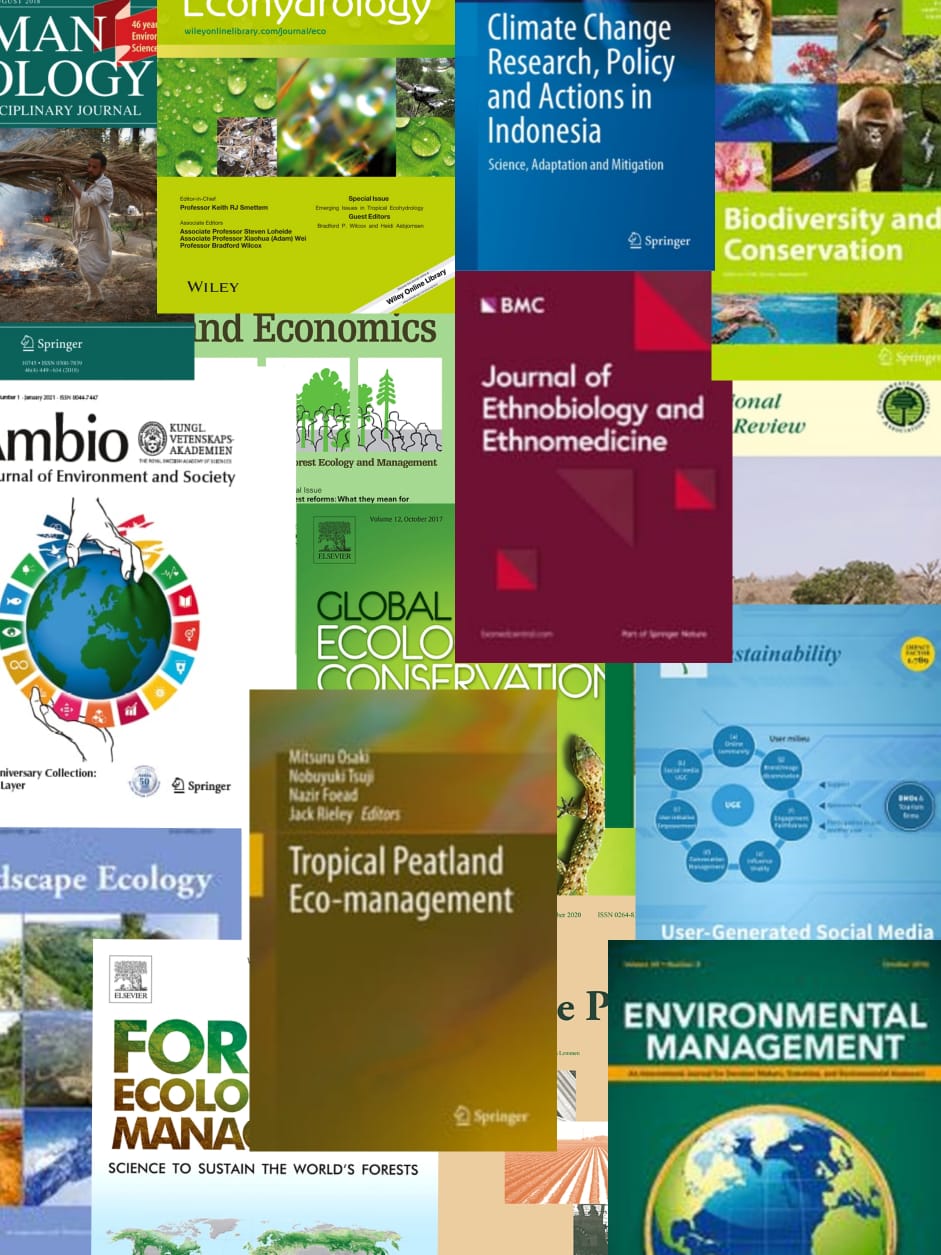Abstract: This paper aims to identify the environmental, socioeconomic, and social hot spots and to find ways to enhance the sustainability of selected food, fuel, and fiber products from sugarcane, i.e., sugarcane, sugar, electricity from bagasse, and molasses-based ethanol. Life cycle assessment (LCA) and social life cycle assessment (S-LCA) were used to examine the environmental, socioeconomic, and social performances of the various sugarcane-based products. All data from the field were collected during the production year 2014/2015. The environmental data were analyzed using the ReCiPe life cycle impact assessment method. Social data were analyzed using performance reference points method, using social indicators from relevant standards/guidelines. Interesting results from the study are that some problems such as cane trash burning and overuse of chemical fertilizers and agrochemicals are the main causes not only of negative environmental performance, but also of negative socioeconomic and social performances. Moreover, recommendations to help increase the sustainability of the Thai sugar industry for each stakeholder group have been provided. These include, for example, using demonstration farms in the same areas, zoning of agricultural crops, implementing large area-based agriculture policy, and making local regulation to prohibit cane trash burning. Graphic abstract: [Figure not available: see fulltext.]. © 2019, Springer-Verlag GmbH Germany, part of Springer Nature.
View source

